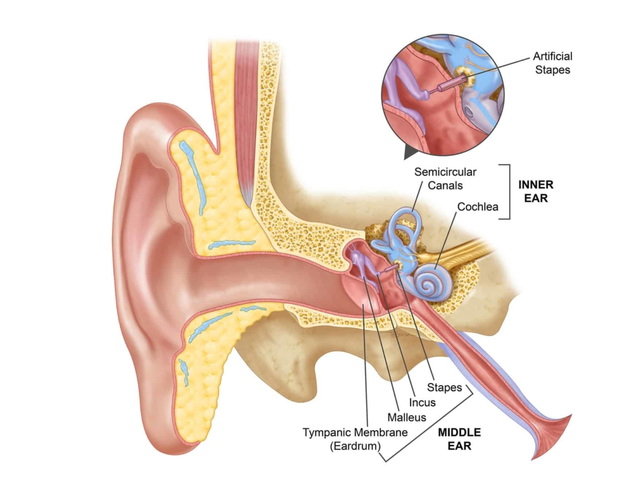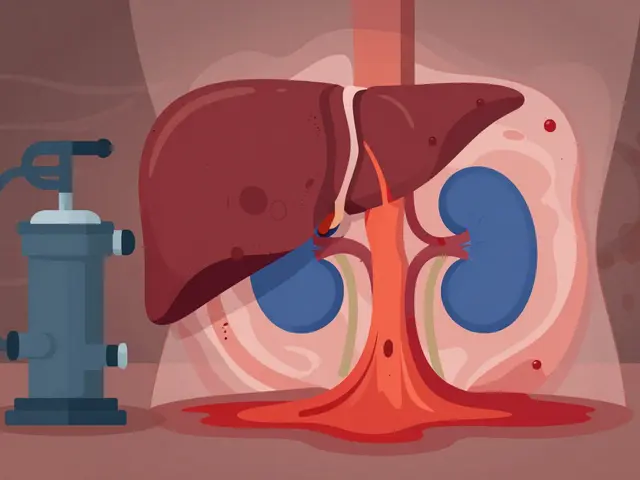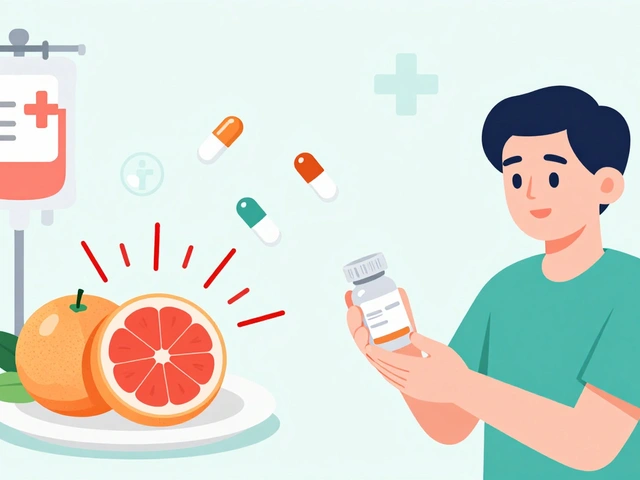Isosorbide Mononitrate Side Effects: What to Expect and What to Do
Isosorbide mononitrate is a nitrate medicine used to prevent chest pain from angina. It relaxes blood vessels so blood can flow more easily. Like any drug, it can cause side effects. Most are mild and manageable, but a few can be serious. This page explains common reactions, dangerous signs to watch for, interactions, and simple steps to feel safer while taking it.
Common side effects
The most common thing people notice is headache. That happens because blood vessels in the head also widen. Headaches usually improve after a few days or weeks as your body adjusts. You may also feel flushed, dizzy, or lightheaded—especially when you stand up quickly. Low blood pressure can cause these feelings. Some people notice a faster heart rate, mild nausea, or tiredness. If side effects are annoying but mild, your doctor may change the dose or switch formulations (short-acting vs extended-release).
Serious risks and when to seek help
Some side effects need immediate attention. Severe dizziness, fainting, chest pain that’s worse or different, and sudden shortness of breath are red flags. Very low blood pressure can cause fainting or shock. If you feel faint or your heart races a lot, sit or lie down and call your doctor or emergency services. Also get help right away if you develop a severe allergic reaction—rash, swelling, or trouble breathing.
Tolerance is another issue: over time the drug can lose effect if taken constantly. Doctors often recommend a daily nitrate-free period (usually overnight) to keep the medicine working. Do not stop medications suddenly without discussing it with your provider—stopping abruptly can cause rebound angina.
Drug interactions matter. Never use isosorbide mononitrate with PDE5 inhibitors like sildenafil (Viagra) or tadalafil (Cialis). That combo can drop blood pressure dangerously low. Avoid combining it with other strong blood pressure medicines unless your doctor adjusts doses. Alcohol can increase dizziness and low blood pressure, so limit drinking while on nitrates.
Pregnancy and breastfeeding require a chat with your clinician. Doctors will weigh risks and benefits based on your situation. Also tell your provider about heart conditions like right ventricular infarction—nitrates can be harmful in some heart attacks.
Practical tips: take the drug exactly as prescribed, avoid sudden standing, rise slowly from sitting, and stay hydrated. If headaches are the worst problem, try acetaminophen or ask your doctor for other options. Keep a list of all medicines and show it at appointments.
Short-term side effects often fade. Serious symptoms are rare but real—know the signs and act fast. If you’re unsure whether a symptom is normal, call your healthcare provider. Better safe than sorry when it comes to heart meds.

Nitrate Medications Explained: What to Know About Long-Term Use and Heart Health
Nitrate medications are vital for many people dealing with heart problems, but long-term use comes with its own set of complications. This article goes in-depth about how these drugs work, what patients experience with continued use, and why staying monitored is key to safety. You'll learn about side effects, the science behind nitrate action, and expert tips for managing treatment. Whether you're a patient or a caregiver, there are practical insights and evidence-based advice throughout. The article also covers the need for regular doctor visits for anyone on nitrates long-term.
View More




